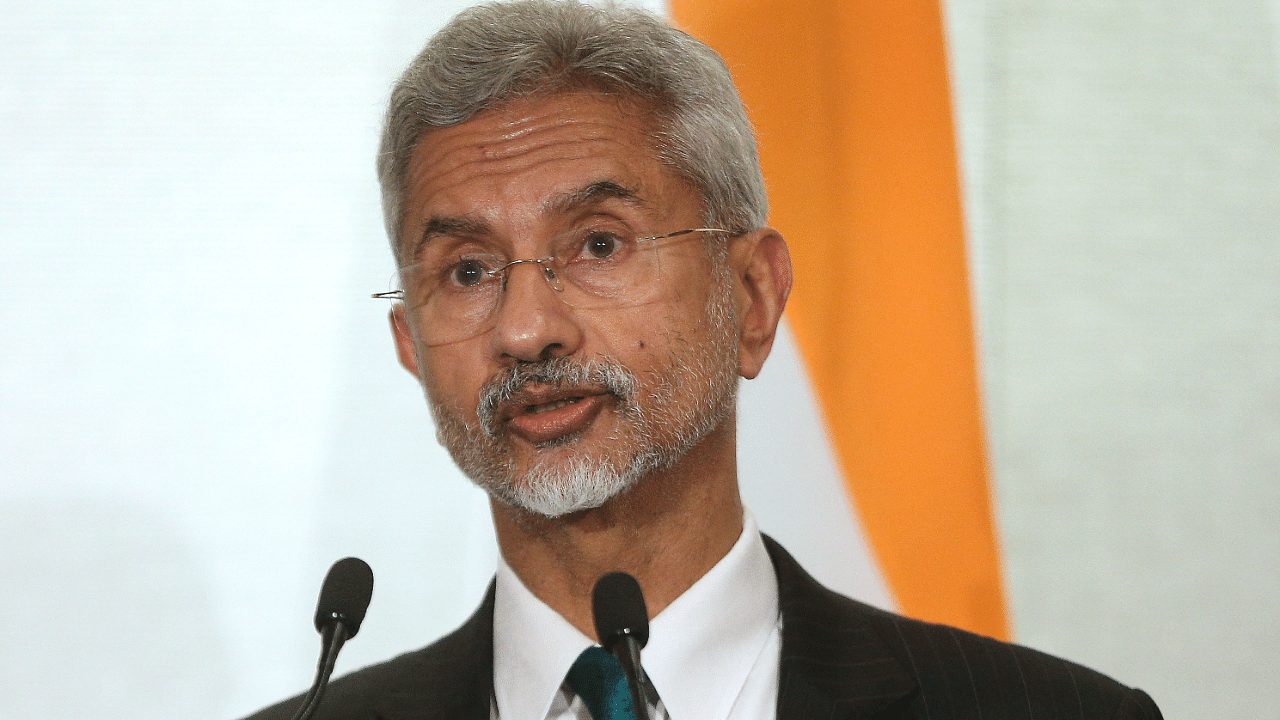
At first, glance, as the world puts a united stand against the Russian intervention in Ukraine, Indian diplomacy is in a serious log jam and the stakes are going up.
India has abstained from two consecutive motions on the topic at the United Nations and will likely abstain on the third one as well.
When even neutral Switzerland - a country that did not take sides when Nazi Germany under Hitler invaded Europe changes course, you have to look up. Plenty of Nazi money stolen from the murdered Jews, though, was not so neutral, and some of it is still in the Swiss Vaults.
Germany, too, is coming out of having no foreign or defence policy stance of 75 years - with weapon supplies to Ukraine. But Switzerland has no skin in the game, and the secret accounts will go merrily onwards, while Germany simply cannot turn off its coal and gas dependence on Russia. So side deals are already being cut to accommodate Russia.
There is a very compelling economic argument for India to side with the West in a war in Europe. India's bilateral trade is under $9 billion a year with Russia, even with Kuwait, we did $10 billion last year. Put the US and the rest of the European Union in the equation, and economically Russia means little to India.
However, that trade with Russia matters when you see the fine print. As India faces off with China in the high Himalayas the fact that Russian pieces of equipment were fifty per cent of all arms imports between 2016 and 2021 means that shooting in that snow or flying combat air patrols around it or deterring China through the Navy - all of this cannot happen without Russian equipment. For the next decade, India needs Russian equipment and weapons, like the formidable S 400 missile defence system, which will secure India's flanks vis a vis a potential two-front war with China and Pakistan, and nuclear-powered submarines, which give India a deterrent edge and vital experience before it fully operationalises its own boats. These are technologies and platforms no one else will provide.
Then there is the history of Russian support in tight situations like during the 1971 war and the six times Russia used the veto for India. These are cement casings. The other three items of import from Russia add to the complication. Oil, gas and fertilisers, the lifelines of India's farms, receive much less importance. Those are the jugular of the Indian economy. India can negotiate much better deals for its support, including technology transfer from Russia in the long run in return for "neutrality".
The choice for India is the trade-off. Neither the European Union nor the USA explicitly backed India in the dangerous standoff now in its second year with China. As we have seen with Afghanistan and Iraq, North Korea and Ukraine, the western alliance, to put it bluntly, does not have the stomach for a fight. India is uncertain what she gains from backing the West. It is unlikely that the West, broadly speaking, will come marching in with boots and technology on the ground if nuclear powered Indian adversities launch an offensive. 2020 is in many ways like 1917; it is strategically an each to his own world.
Unlike China, India has been nuanced on the Russian intervention calling for an end of hostilities. This leaves the western alliance with very little choice – indeed, India, it could be argued, is in a sweet spot. The West needs big power in the Indo-Pacific and India and often overlooked Indonesia are the only two contenders. If the West looks beyond the current crisis and wants to contain China, engaging India is a no-brainer. Not so doing makes the security architecture in the Indo-Pacific untenable. US President Joe Biden, by involving the Quad in the Ukraine crisis, potentially dilutes the nascent alliance.
This is not to say that the Russian intervention has not cost India dearly. Commodities, including oil, fertiliser and supply chains, are in a gory twist. There is a near run on Indian bonds, which have become the riskiest in Asia. Put differently, capital hungry India's foreign borrowing costs have skyrocketed. Make no mistakes; economically, no one is neutral in this war.
This is the proverbial litmus test for India. The Russian intervention is like a Mohammad Ali jab to India's chin. Great powers, like great boxers, do not just do great jabs- they need a great neck – that can take the blow to the chin and move on.
India must stay the course.
(Ninad D Sheth is a journalist)
Disclaimer: The views expressed above are the author's own. They do not necessarily reflect the views of DH.
Watch the latest DH Videos here: